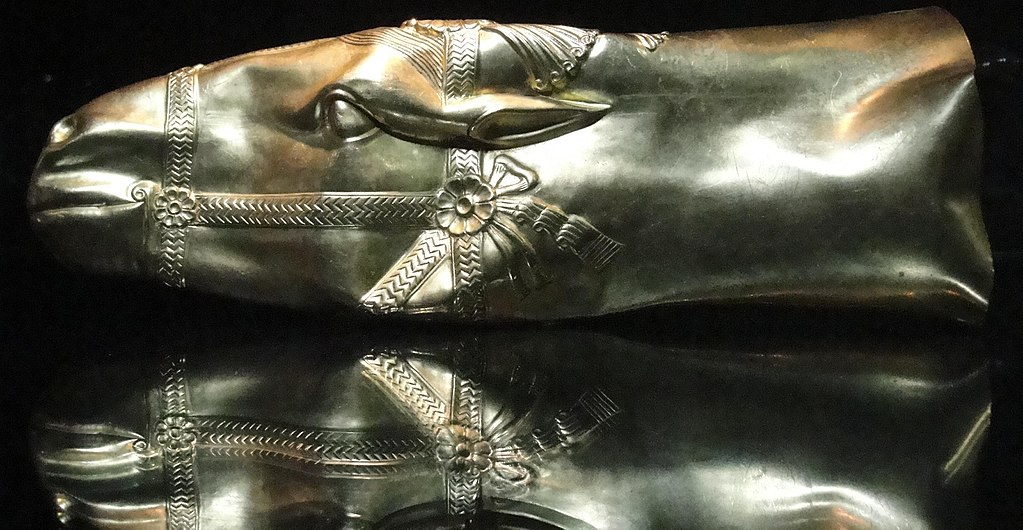
The Reza Abbasi Museum is named after Reza Abbasi, one of the artists in the Safavid period. The Museum is home to a unique collection of Persian art dating back to the second millennium BC, from both the pre-Islamic and Islamic eras.
The Museum also holds over 10,000 Persian, English, French, and German books about Persian art, history, archaeology, and classical paintings. The museum provides a fascinating overview of the cultural richness and history of the region.
A Tour of the Reza Abbasi Museum
- Golden Head of a Horse Rhyton
- Vonones II Parthian Silver Coin
- Vologases V of Parthia Silver Coin
Golden Head of a Horse Rhyton
Golden Head of a Horse Rhyton
This golden rhyton of horse’s head is from the Persian Empire of the Sassanid era, 6-7th century AD. Similar in form to, and perhaps originating from, the drinking horn, it has been widespread over Eurasia since prehistoric times. A rhyton is a conical container from which fluids were intended to be drunk or to be poured. They are typically formed in the shape of an animal’s head and were produced over large areas of ancient Eurasia, especially from Persia to the Balkans.
This golden rhyton was created during the Sasanian Empire (224–651 CE), which was the last Persian Empire before the rise of Islam. The Sasanian Empire, which succeeded the Parthian Empire, was recognized as one of the leading world powers alongside its neighboring arch-rival the Roman-Byzantine Empire, for more than 400 years. The Sasanian Empire played an influential role in western medieval arts, and later its art, architecture, and music were transferred from Persia to the rest of the Muslim world.
The English word rhyton originates in the ancient Greek word ῥυτόν. The conical rhyton form has been known in the Aegean region since the Bronze Age, or the 2nd millennium BC.
Golden Head of a Horse Rhyton
- Title: Golden Head of a Horse Rhyton
- Date: 6-7th century AD.
- Period: Late Sasanian Empire
- Museum: Reza Abbasi Museum
Vonones II Parthian Silver Coin
Vonones II Parthian Silver Coin
Vonones II of Parthia (10 BC – 51 AD) was a Parthian prince who served as a King of Media Atropatene and briefly as King of the Parthian Empire. He was born and raised in the Parthian Empire and was elevated to the Parthian Kingship in 51 AD. His Kingship was brief, as, after only a few months of being appointed, he died and was succeeded by his son, Vologases I.
Tacitus described Vonones II as:
“he knew neither success nor failure which have deserved to be remembered to him. It was a short and inglorious reign”.

Another coin of Vonones II showing the reverse side
Vonones II Parthian Silver Coin
- Title: Vonones II Parthian Silver Coin
- Persian: ونن دوم,
- Greek: Ονωνης
- Date: 51 AD
- Museum: Reza Abbasi Museum
Vologases V of Parthia known in Armenian sources as Vologases II was king of Arsacid Armenia from 180 to 191, and King of the Parthian Empire from 191 to 208. He was the son of Vologases IV (147–191).
Vologases V was attacked by the Roman Emperor Septimius Severus (193–211) in 195. Severus occupied Nisibis and plundered the Parthian capital Ctesiphon in 199, capturing many Parthians and selling them into slavery.
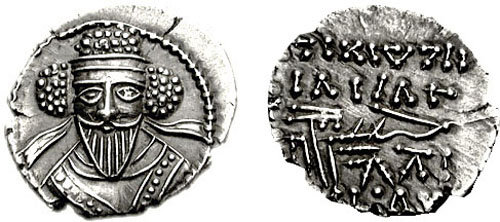
Another version of a Vologases V of Parthia Silver Coin showing the reverse side
Vonones II Parthian Silver Coin
- Title: Vologases V of Parthia Silver Coin
- Persian: بلاش
- Date: 180 – 191 CE
- Museum: Reza Abbasi Museum
-
Reza Abbasi Museum
- Museum: Reza Abbasi Museum
- Persian: موزه رضا عباسی
- City: Tehran
- Opened: 1977
- Country: Iran
- Location: Seyed Khandan
A Tour of Middle East Museums
- Arab Republic of Egyptian Museums
- Cairo Museums
- Egyptian Museum
- Cairo Museums
- Turkey Museums
- Istanbul Museums
- İstanbul Archaeology Museums
- Topkapı Palace
- Istanbul Museums
- Iran Museums
- Tehran Museums
- Reza Abbasi Museum
- Tehran Museums
- United Arab Emirates Museums
- Dubai Museums
- Dubai Museum
- Saeed Al Maktoum House
- Sharjah Museums
- Sharjah Museum of Islamic Civilization
- Dubai Museums
~~~
“Do not choose for anyone what you do not choose for yourself.”
– Iranian Proverb
~~~
Photo Credits: 1) Behrooz Rezvani [CC BY 3.0 ], via Wikimedia Commons |Note: no currently available pictures of the museum. Picture used is Bucharest Street in Tehran’s Abbas Abad; 2) Reza Abbasi Museum [CC BY-SA 3.0 ], via Wikimedia; 3) Reza Abbasi Museum [CC BY-SA 3.0 )], via Wikimedia Commons 4) Classical Numismatic Group, Inc. [GFDL ), CC BY-SA 2.5 (, GFDL , CC-BY-SA-3.0 or CC BY-SA 2.5 ], via Wikimedia Commons ; 5) Reza Abbasi Museum [CC BY-SA 3.0 ], via Wikimedia Commons 6) Classical Numismatic Group, Inc. [GFDL , CC-BY-SA-3.0 or CC BY-SA 2.5 ], via Wikimedia Commons
Popular this Week


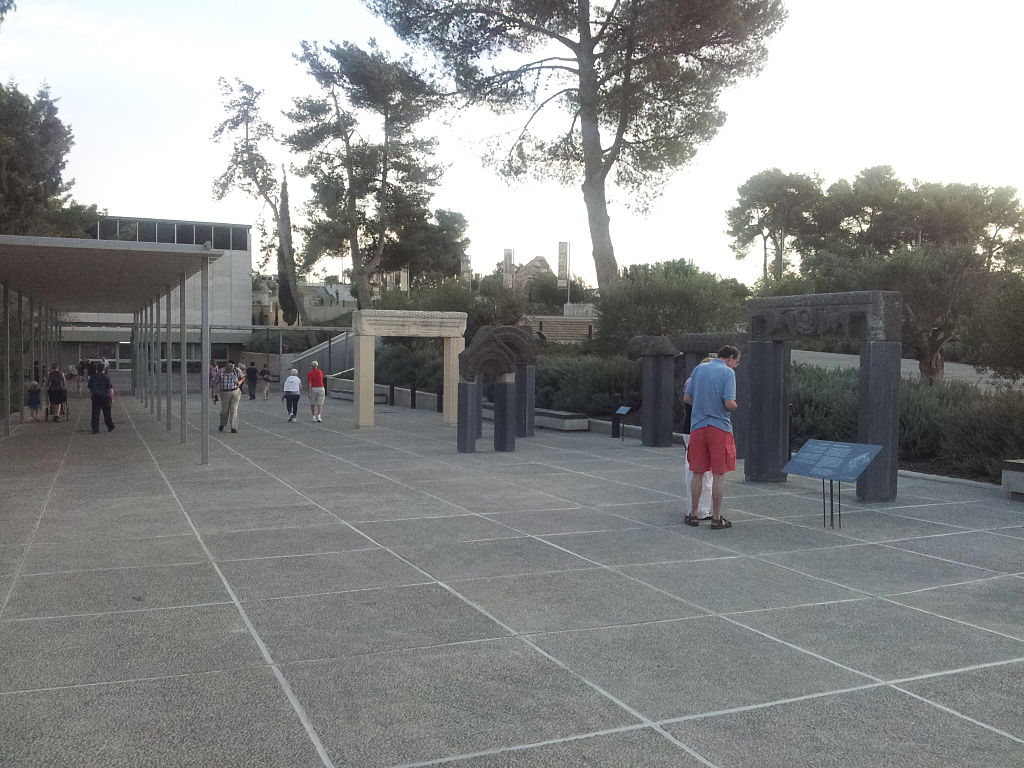
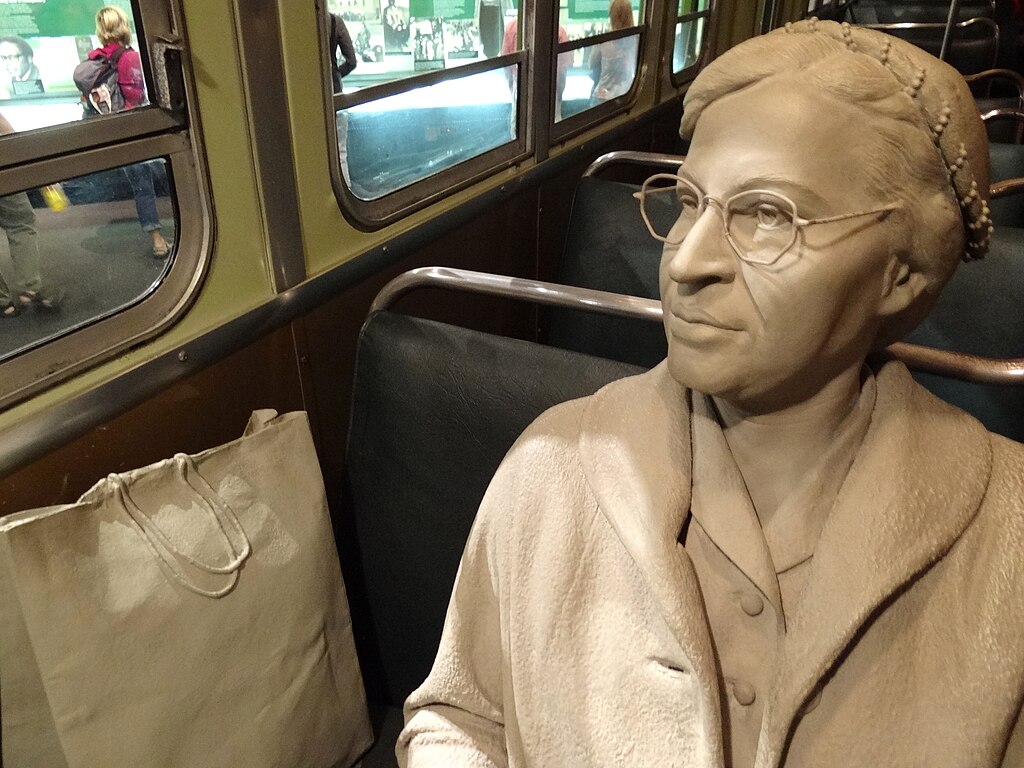
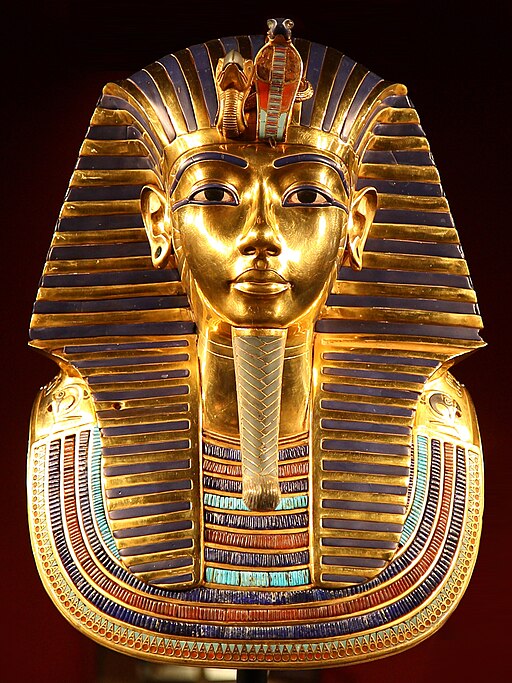


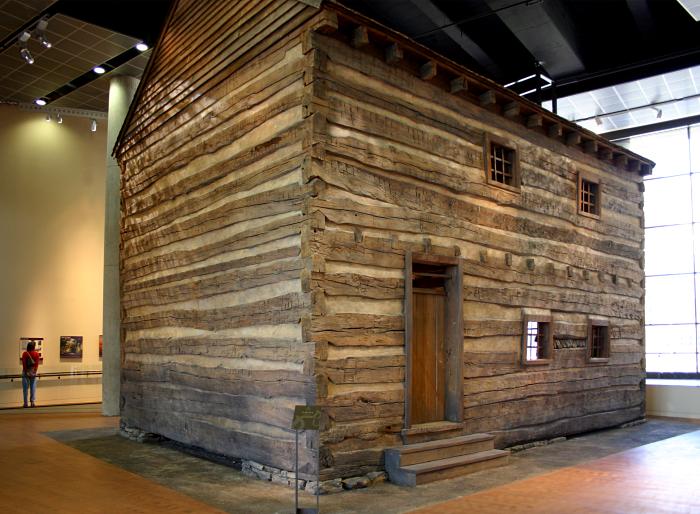

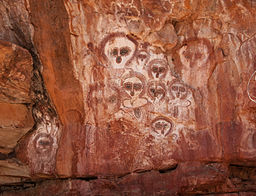 Sponsor your Favorite Page
Sponsor your Favorite Page SEARCH Search for: Search Follow UsJoin – The JOM Membership Program
Sponsor a Masterpiece with YOUR NAME CHOICE for $5
Share this:
- Tweet

